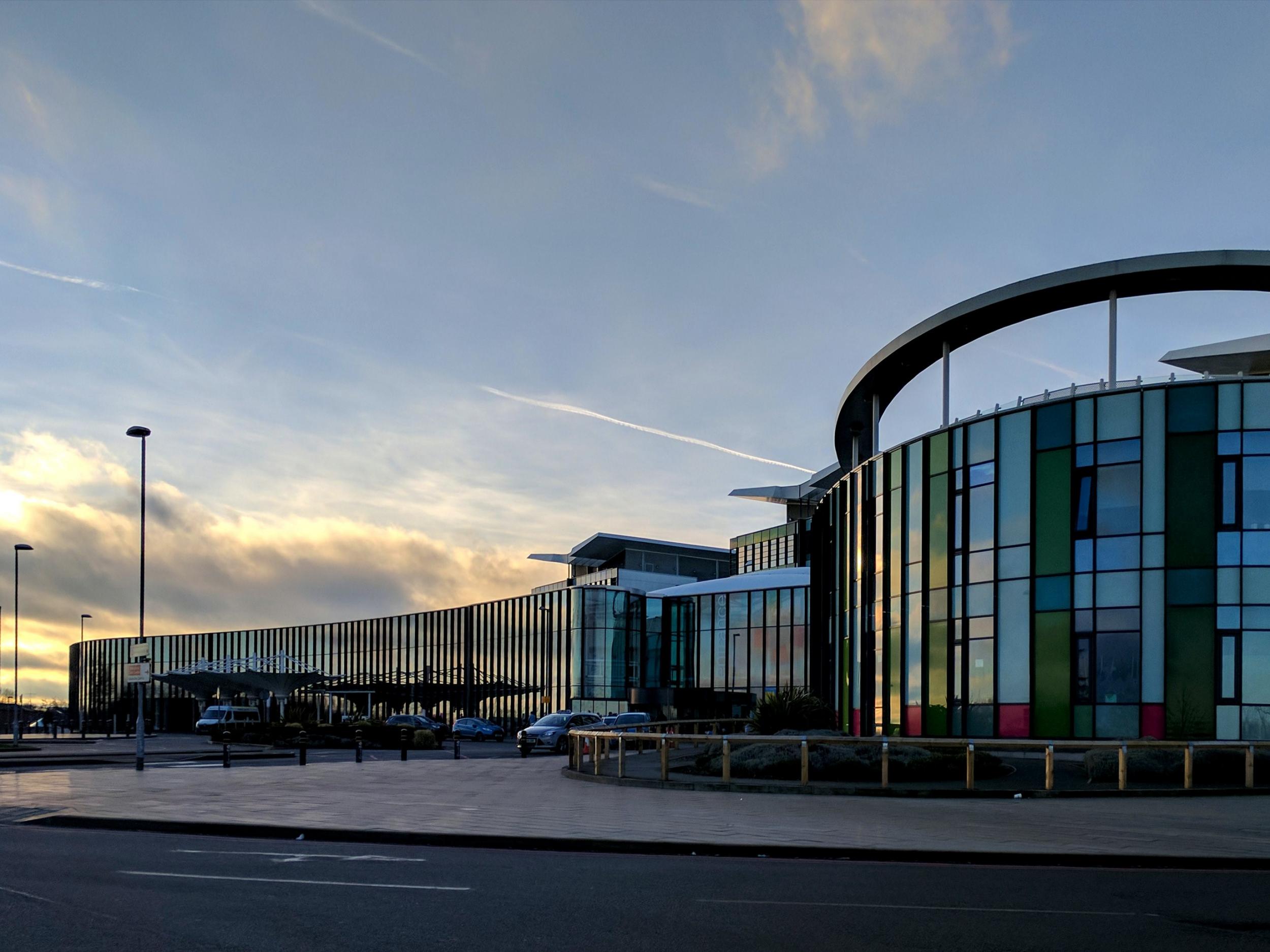Woman 'suffering PTSD after watching husband die in agony waiting for an ambulance'
‘They couldn’t have saved him but he wouldn’t have died in absolute agony’

The wife of a stroke victim has told how she now suffers from PTSD after being forced to listen to her dying husband’s cries of agony while driving him to hospital after being told an ambulance would take an hour to arrive.
Michelle Lane says she has been traumatised by what happened to her 54-year-old husband Tony when he suffered the attack last summer and ambulance crews were too busy to respond immediately.
After being informed of the wait, the family drove eight miles to King’s Mill Hospital in Sutton-in-Ashfield, but Mr Lane died after being transferred to a specialist hospital.
“All I wanted was an ambulance,” Mrs Lane, from Selston in Nottinghamshire, told the BBC.
“They couldn’t have saved him but he wouldn’t have died in absolute agony – and I watched my husband die in absolute agony.
“My nephew drove the car and I held my husband in my arms as he was repeatedly screaming ‘Pain, pain, head, pain’.
“I’ve been diagnosed with post-traumatic disorder because of it, because I can’t get it out of my head.”
East Midlands Ambulance Service said it was experiencing “very large numbers of emergencies” on 2 September when Mr Lane fell ill.
Representatives have met Ms Lane and offered condolences, but an audit of the call found it had been correctly categorised as a Category Two – the second most serious response group. The call was initially classed as a Category One, but was downgraded after he regained consciousness.
National response time standards say an ambulance should arrive within 18 minutes for a Category Two “emergency” call, but this compares with seven minutes for Category One calls – those deemed life-threatening.
Ben Holdaway, director of operations at East Midlands Ambulance Service, said: “The call had been recorded as a potentially serious condition but we were experiencing very large numbers of emergencies at that time.
“The caller was informed we aimed to be with the family within 60 minutes, or as soon as the next ambulance was available to be dispatched to them.”
Official NHS England figures released on Thursday showed East Midlands Ambulance Service had the longest Category Two response times in England, taking 31 minutes and 30 seconds on average between April and December 2018.
Analysis by the Labour Party showed national response targets have not been hit since a shake-up in July 2017.
Subscribe to Independent Premium to bookmark this article
Want to bookmark your favourite articles and stories to read or reference later? Start your Independent Premium subscription today.

Join our commenting forum
Join thought-provoking conversations, follow other Independent readers and see their replies